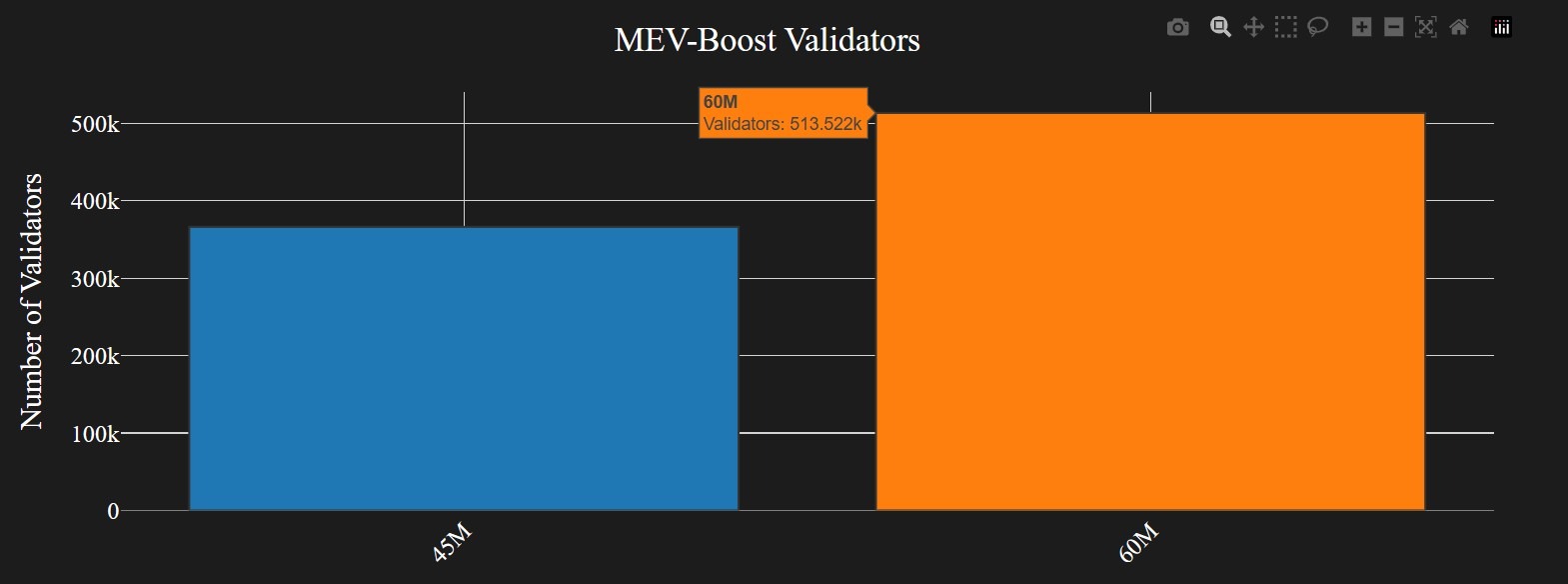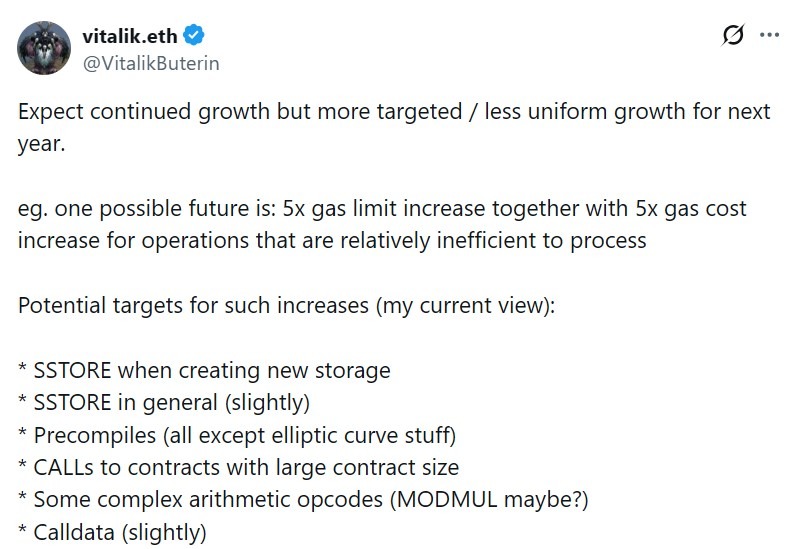
Ethereum‘s Growing Pains and Gains
Ethereum, the world’s leading smart contract platform, has just crossed a significant threshold. The network’s block gas limit has surged to 60 million, the highest it has been in four years. This substantial increase in execution capacity is a direct result of coordinated efforts by developers, validators, and the broader Ethereum community. This change, occurring just before the eagerly anticipated Fusaka upgrade, offers a glimpse into Ethereum‘s scaling ambitions.

Behind the Gas Limit Bump
The core concept is relatively straightforward: a higher gas limit allows more transactions and smart contract interactions to be packed into each block. This, in turn, can help alleviate network congestion during peak periods, improving the speed and efficiency of transactions. The initiative to increase the gas limit was spearheaded by the “Pump The Gas” movement, a community-driven effort to enhance Ethereum’s capabilities and lower transaction fees on the base layer. This concerted push saw over 513,000 validators signaling support for the 60 million gas limit, effectively unlocking a new level of performance.
Fusaka‘s Imminent Arrival
This gas limit increase precedes the Fusaka upgrade, a major network enhancement designed to further improve Ethereum‘s scalability. This upgrade aims to boost throughput and improve overall network performance. The upgrade’s journey is nearing completion, with its integration into the Hoodi testnet, a final step before its deployment on the mainnet. The anticipation around Fusaka is palpable, as it is expected to bring further improvements to the network’s ability to handle increasing demand.
Implications for the Future
The 60 million gas limit is not just a number; it’s a statement. Ethereum leaders, including co-founder Vitalik Buterin, suggest that this is only the beginning of a broader expansion of the network’s execution capacity. Buterin has hinted at a future where capacity increases occur in a more targeted and nuanced manner. This might involve increasing overall capacity while simultaneously making inefficient operations more expensive, promoting a more efficient allocation of resources. This strategy could involve larger blocks combined with a more sophisticated pricing mechanism to ensure that the network expands safely and sustainably.

Looking Ahead
The push for higher gas limits highlights the dynamic and evolving nature of the Ethereum network. The community’s proactive approach to scaling, alongside upcoming upgrades like Fusaka, positions Ethereum to handle increasing user demand and the continued growth of the decentralized ecosystem. This commitment to innovation demonstrates Ethereum‘s resilience and its ongoing efforts to build a more robust and scalable platform for the future. The 60M gas limit is a significant milestone, and it’s a clear signal that Ethereum is prepared to meet the challenges and opportunities of an increasingly complex and demanding blockchain landscape.


